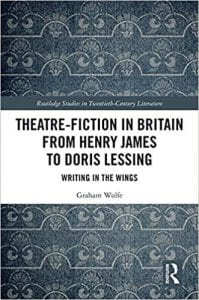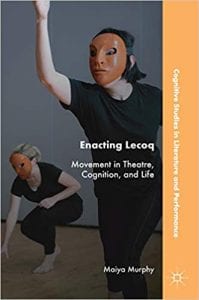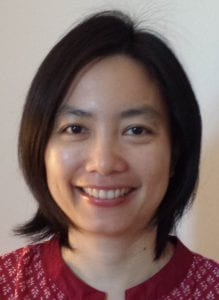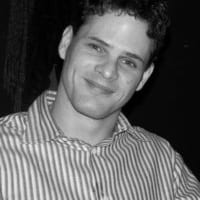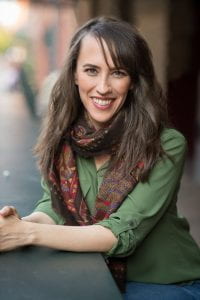In my final month at King’s College London, I made a literary pilgrimage to Monk’s House in Rodmell, where the modernist couple Virginia and Leonard Woolf stayed. The walk from the train station took me past the River Ouse, where Virginia ended her life in 1941, faced with mental health issues exacerbated by the impending World War. I saw the quaint little cottage, the outdoor shed where Woolf wrote some of her famous novels, and the beautiful gardens previously tended to by her husband. I then walked in her footsteps to her sister Vanessa Bell’s place, Charleston Farmhouse. Bell was a notable modernist painter, and her farmhouse hosted many other famous intellectuals from the Bloomsbury Group, including the economist John Maynard Keynes and the artists Duncan Grant and Roger Fry.


Virginia must have been a strong walker, despite what I have read about her frail mental state. It was an eight-mile hike up and across the sprawling South Downs, past herds of curious sheep and huge twitchy cows, down a steep and rocky trail (which took some finding), and across wheat fields guarded by a historic gamekeeper’s tower. I almost didn’t make it to Charleston in time for the final tour of the day. With fifteen minutes to spare, I ran the last 600 metres, hopped a gate (or stumbled over it, really), went to the bathroom, and emerged sweating and panting into the reception area. I wondered if Woolf ever presented herself in such an undignified manner. It was all worth it for Charleston’s gorgeously quirky interiors (painted and designed largely by Bell, Grant, and Fry), which formed the backdrop to the rich history of the Bloomsbury Group as narrated by our erudite guide.
This experience was one of the many ways in which literary modernism — one of my research focuses — came alive for me during my year at King’s. London was and is one major nexus of literary modernism, particularly Bloomsbury modernism. I connected with the British Association of Modernist Studies, which hosted multiple seminars, a Postgraduate Networking Day, and their annual conference. Beyond academia, I experienced how modernism continues to be rejuvenated for a larger public, ranging from the West End play The Inheritance, to the London premiere of Vita and Virginia, to the exhibition Modern Couples: Art, Intimacy, and the Avant-garde, jointly held by the Centre Pompidou-Metz and the Barbican Centre.

Such contemporary takes on modernism made me reflect on the relevance of Euro-American modernism to Asian contexts today, and how they compare with modern literature produced in Asia. I pursued this interest with guidance from my King’s supervisor Dr. Sebastian Matzner, who worked with me intensively to refine my research focus, and who pushed me to think and write with more clarity and humility. I audited a module taught by Dr. John Connor, which resonated with my interests in modernism, realism, and the Cold War. London’s British Library offered access to rarer books and resources, which led me to Nieh Hualing’s mid-century works, including her compilation of an anthology of short stories written by modern Chinese women. I also learnt to present my research to diverse audiences, through conference presentations and reading groups, and immersed myself in the vibrant community of fellow postgraduate researchers and faculty members at King’s and beyond.
One of my most formative experiences was teaching at King’s. I was responsible for a class of 20 students for the year-one module Genres in World Literature. Teaching this module strengthened my understanding of Comparative Literature, which is a discipline that is related to, but diverges from, my training in English Literature. It made me more comfortable with the parts of my work that compare anglophone modernism with modern Chinese literature. Further, the vastly different academic environment prompted reflections on my own pedagogical practices and values. I adapted to the needs and temperament of King’s undergraduates, many of whom are wonderfully forthcoming and eloquent with their opinions on politics and social issues, but who sometimes need some nudging to get back on topic. I adjusted to grading papers on Turnitin, and exploited resources such as learningonscreen.ac.uk, which is an on-demand radio and video service with clip-making functions. I was heartened to receive two student nominations for the categories “Rising Star” and “Innovation in Teaching.”

It was a challenging year. Beyond life at King’s, I learnt to wrap up in the chilly months, fixed a boiler, survived the Tube in summer, and navigated the subtleties of British manners. But I also enjoyed the exceptional produce (Summer fruits! Tomatoes! Black kale and Savoy cabbages! Italian mandarins and pancetta! Sausages!), the beautiful Victoria Park and its lake full of swans and cormorants and ducks, Bethnal Green’s stand-up comedy scene, sightings of London’s elusive urban foxes, the varied architecture, and short trips to Bath, Brighton, Denmark, France, and Switzerland. I grew to love the steady rhythms of city walking, of summer hiking, and I learnt to pace myself in both life and research. I brought these lessons back with me to the tropics. I wouldn’t have had it any other way.


Tan Teck Heng
Current PhD candidate in English Literature
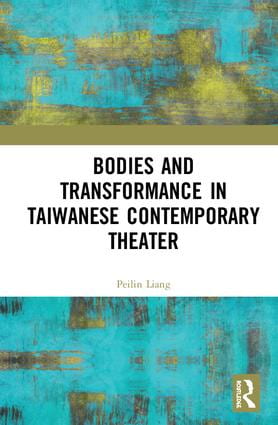 In Bodies and Transformance in Taiwanese Contemporary Theater, Peilin Liang develops a theory of bodily transformation. Proposing the concept of transformance, a conscious and rigorous process of self-cultivation toward a reconceptualized body, Liang shows how theater practitioners of minoritized cultures adopt transformance as a strategy to counteract the embodied practices of ideological and economic hegemony. This book observes key Taiwanese contemporary theater practitioners at work in forging five reconceptualized bodies: the energized, the rhythmic, the ritualized, the joyous, and the (re)productive. By focusing on the development of transformance between the years of 2000–2008, a tumultuous political watershed in Taiwan’s history, the author succeeds in bridging postcolonialism and interculturalism in her conceptual framework. Ideal for scholars of Asian and Postcolonial Theater, Bodies and Transformance in Taiwanese Contemporary Theater shows how transformance, rather than performance, calibrates with far greater precision and acuity the state of the body and the culture that it seeks to create.
In Bodies and Transformance in Taiwanese Contemporary Theater, Peilin Liang develops a theory of bodily transformation. Proposing the concept of transformance, a conscious and rigorous process of self-cultivation toward a reconceptualized body, Liang shows how theater practitioners of minoritized cultures adopt transformance as a strategy to counteract the embodied practices of ideological and economic hegemony. This book observes key Taiwanese contemporary theater practitioners at work in forging five reconceptualized bodies: the energized, the rhythmic, the ritualized, the joyous, and the (re)productive. By focusing on the development of transformance between the years of 2000–2008, a tumultuous political watershed in Taiwan’s history, the author succeeds in bridging postcolonialism and interculturalism in her conceptual framework. Ideal for scholars of Asian and Postcolonial Theater, Bodies and Transformance in Taiwanese Contemporary Theater shows how transformance, rather than performance, calibrates with far greater precision and acuity the state of the body and the culture that it seeks to create.